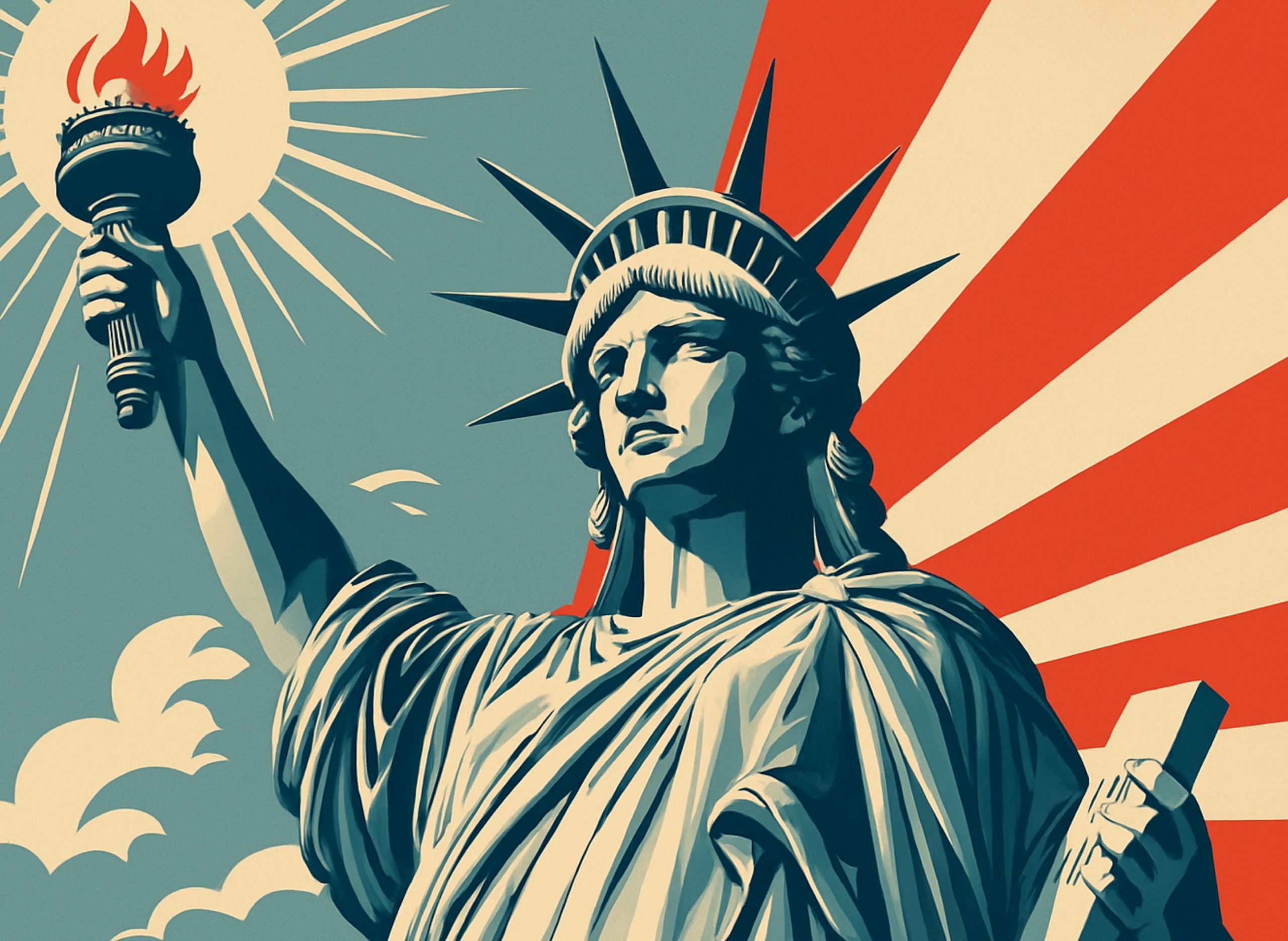








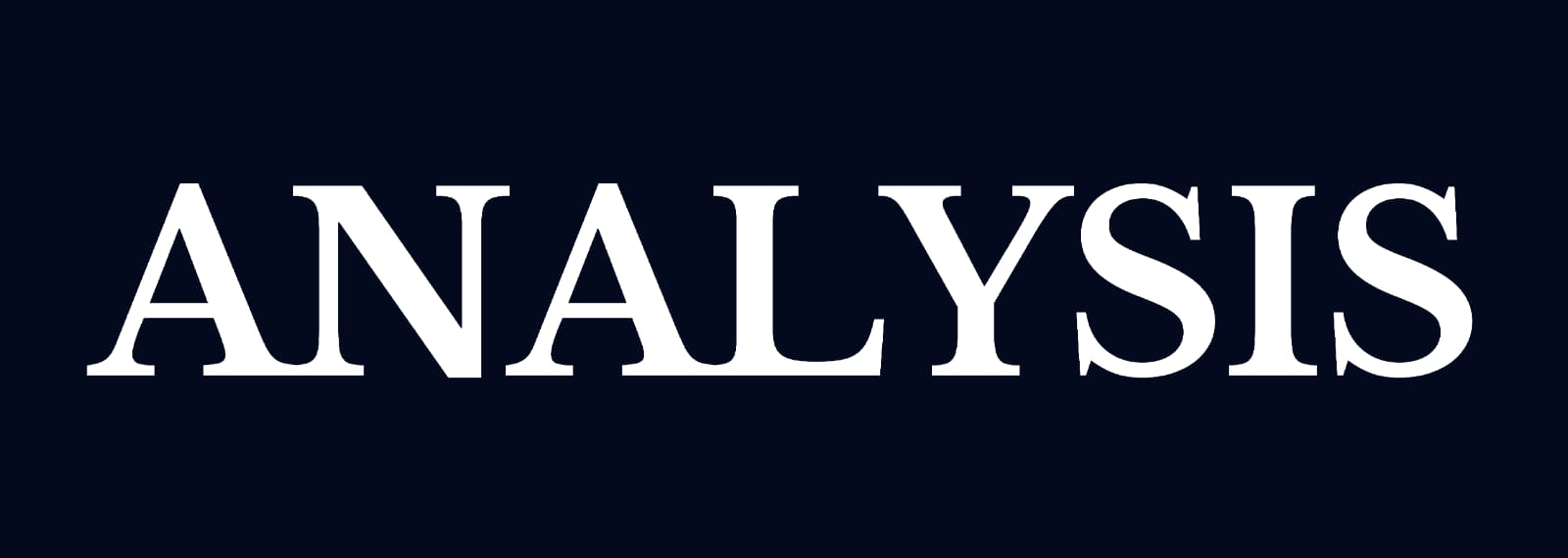
Putinism has reshaped Russia through centralized power, corruption, and assertive foreign policies, leading to global tensions, economic stagnation, and increased isolation from the West.
AUGUST 22, 2024
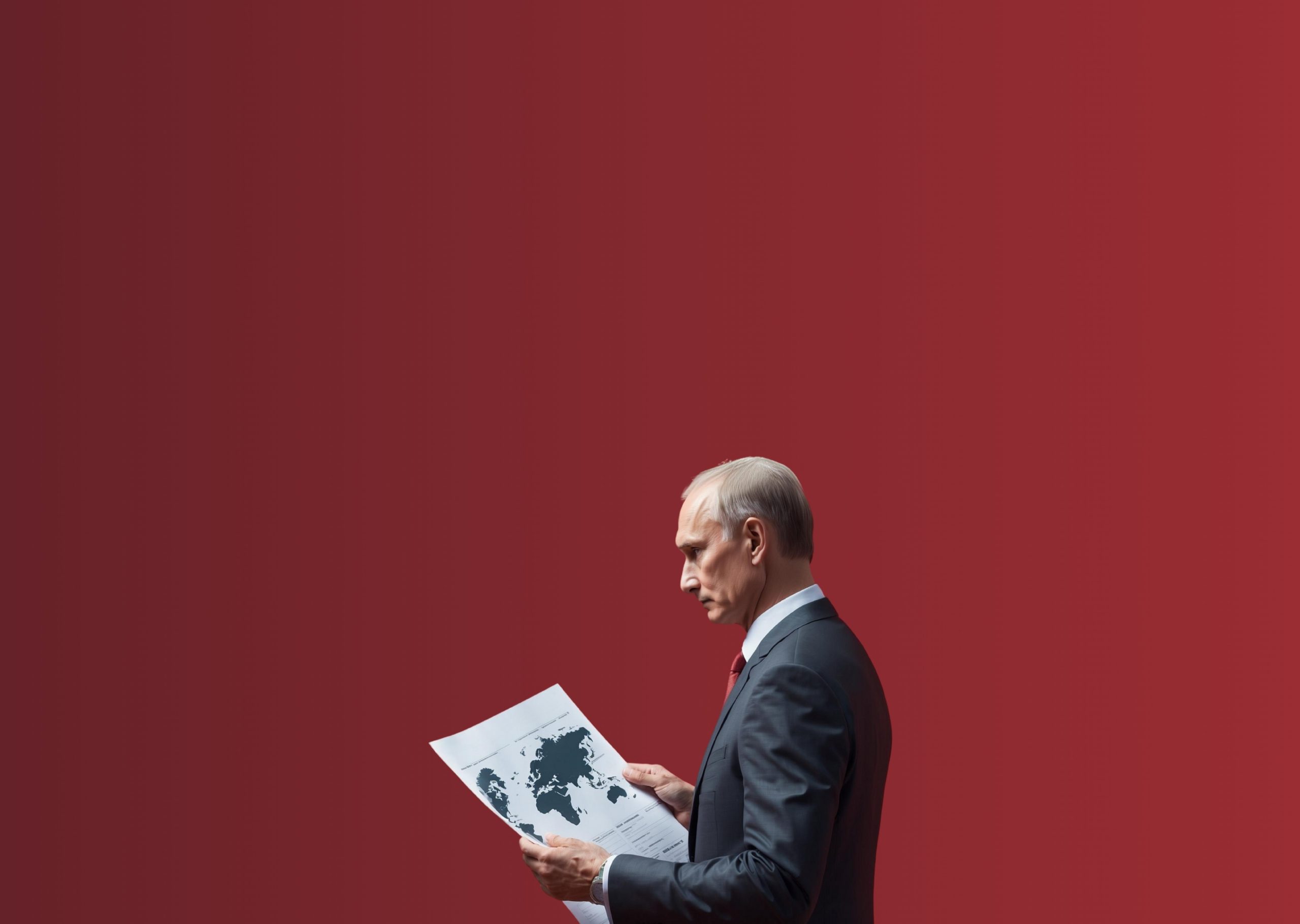
Saint Petersburg, Russia’s northern capital, was where a key political figure’s career began in the early 1990s. This person later rose to the top of the Russian government and became a major figure in global politics: Vladimir Vladimirovich Putin, the current president of the Russian Federation. By 1996, as Boris Yeltsin’s leadership faltered and the state’s stability weakened, oligarchs began taking over state assets. It was during this time that Vladimir Putin, a former KGB (Committee for State Security) agent, came into power.
Since Vladimir Putin became President of Russia in March 2000, he has steadily shaped the country’s trajectory, transforming it into an authoritarian state with significant global influence. Domestically, his administration has eroded democratic institutions, imprisoned political opponents, and bolstered his own power through constitutional amendments. On the international stage, Putin’s actions—including the 2014 annexation of Crimea, military interventions in Syria, the recent war in Ukraine, and cyber interference in foreign elections—not only challenged Western nations but also contributed to the rise of authoritarianism around the world. Thus, Putinism extends beyond domestic policy, actively influencing global politics and posing new challenges to international stability.
The end of the Cold War and the collapse of the Soviet Union marked a profound shift in global dynamics. The once-powerful Russia, which had dominated the 15 republics, not only weakened itself but also left a legacy of political instability, inflation, and economic crises across the post-Soviet states. By 1996, as President Boris Yeltsin sought re-election, Russia’s economy was in chaos, internal institutions were paralyzed, and governance was increasingly controlled by oligarchs and private interests. The state had lost control over critical aspects of society and its own resources.
In this turbulent context, Yeltsin faced the crucial task of selecting a “successor.” He sought someone who could not only manage the country effectively but also continue the direction he had set. Valentin Yumashev, a former head of the presidential administration, later revealed that Yeltsin considered about ten candidates, including Vladimir Putin. Many argue that Yeltsin chose Putin as his successor because he saw in him a young leader capable of continuing his reforms.
By 1998, Putin began to emerge as a potential successor when he was appointed first deputy chief of administration. His early career in the KGB, where he served for 16 years, including a notable six years in Dresden, equipped him with skills and experience that seemed ideal for leadership. In a short period, he became head of the FSB (Federal Security Service), Chairman of the Security Council, and, by 1999, Prime Minister of the Russian Federation. From the outset of his presidency, Putin advocated for perseverance and hard work, urging Russians to be patient for the promised results. His 2000 speech encapsulated this sentiment: “We must accept that the work ahead will be challenging, and I ask you to approach it with understanding.” This rhetoric laid the foundation for his administration’s harsh policies, which swiftly shifted toward anti-liberalism, anti-Western sentiments, isolationism, and a distinctly authoritarian approach.
A closer look at Putin’s rise reveals his ambition to restore Russia’s past strength, deeply rooted in national traditions. His regime aggressively consolidated power, characterized by a strong presidency, weakened checks and balances, and the repression of political opposition. Putin’s goal was to revive a national or imperial identity that not only reinforced Russia’s sovereignty but also positioned it as a counterforce to Western influence. This strategic shift has had significant effects on both domestic governance and international relations, underscoring a broader trend of growing authoritarianism and geopolitical assertiveness.
First and foremost, Putinism is characterized by a highly centralized power structure, with all authority concentrated in the hands of the president. Under Vladimir Putin, democratic institutions such as parliament and the judiciary have been systematically undermined, leading to a consolidation of power within the executive branch. This centralization has enabled the Kremlin to exert tight control over political opposition, as evidenced by the imprisonment and suspicious deaths of prominent figures like Alexei Navalny, held in a special-regime penal colony, and Boris Nemtsov, assassinated on the Grand Moskvoretsky Bridge, as well as the suppression of protests. By eliminating or neutralizing rivals and dissenters, Putin effectively maintains a firm grip on Russia’s political landscape. This consolidation of power ensures that key decisions are made solely by him and his inner circle, effectively stifling any significant challenge to his authority and reinforcing his control over the country’s governance.
Putinism’s economic strategy is based on state capitalism, where the Russian government retains significant control over key sectors, especially energy and defense. Major companies like Gazprom and Rosneft, which are either state-owned or closely linked to the Kremlin, dominate these industries, ensuring that economic power remains concentrated within the state and its supporters. For instance, oligarchs such as Igor Sechin and Arkady Rotenberg, who have personal ties to Putin, have been granted profitable contracts and control over large assets, strengthening their loyalty to the regime. Although Russia has implemented some market-oriented reforms, these have been limited. The government continues to leverage its economic power to reward supporters and marginalize opponents. This strategy has helped sustain political stability and control but has also stifled competition, deterred foreign investment, and contributed to economic stagnation. The vulnerabilities of Russia’s heavily centralized, resource-dependent economy have been laid bare by Western sanctions and fluctuating oil prices.
Nationalism and the reassertion of Russia’s global influence are central to Putinism. Putin has adopted an assertive foreign policy aimed at restoring Russia’s prominence on the world stage. The 2014 annexation of Crimea, portrayed as a defense of ethnic Russians and a strategic necessity, exemplifies this approach. Russia’s military involvement in Syria further underscores its ambitions, supporting the Assad regime and asserting its presence in the Middle East. Additionally, Russia has applied economic and political pressure on neighboring countries like Georgia and Ukraine to keep them within its sphere of influence. State-controlled media plays a crucial role in this strategy, depicting Russia as a defender of traditional values and a counterbalance to Western encroachment, thereby generating domestic support and legitimizing the Kremlin’s assertive global stance.
Major media outlets like RT (Russia Today) and Sputnik News are government-funded and promote official narratives. Furthermore, the government enforces laws that compel media and social media platforms to adhere to state guidelines while blocking or restricting access to dissenting voices. The Russian government has closed several independent media outlets, including the television channel Dozhd (TV Rain), the radio station Ekho Moskvy, which was shut down in early 2022, and the newspaper Novaya Gazeta, which suspended operations under increasing government pressure. Additionally, The Moscow Times, originally a print newspaper, transitioned to an online format after facing restrictions and being labeled a “foreign agent.” These actions highlight the Russian government’s efforts to suppress independent and critical media voices.
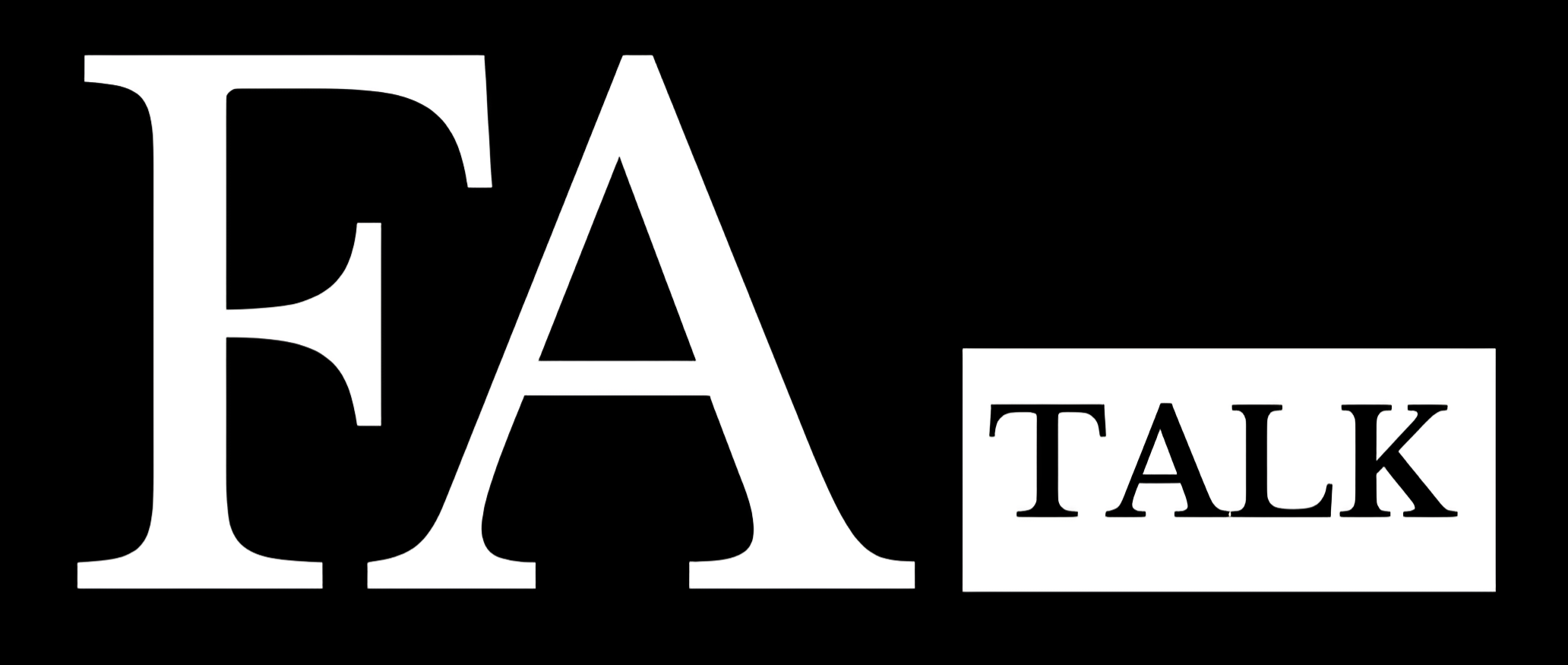
Despite Russia’s advancements on the global stage, its domestic economy is faltering, struggling to stay afloat, and is often described as a “corrupt autocracy.” Under Putinism, corruption and a deeply entrenched bureaucratic system have become central to the regime’s operations, serving to consolidate power and ensure loyalty among the elite. The Russian bureaucracy is not only vast and complex but is also frequently manipulated to extract bribes and allocate state resources to Kremlin loyalists.
A striking example of this corruption is evident in state procurement practices. Government contracts, totaling $462 billion annually, are frequently awarded to companies associated with Putin’s allies at inflated prices, resulting in significant financial waste. It is estimated that $108 billion of this amount is diverted through theft and corruption. Former President Dmitry Medvedev even remarked that every fifth ruble in government contracts is stolen each year. This number, however, only scratches the surface of the pervasive corruption plaguing the Russian government, highlighting a systemic issue that undermines both economic stability and governance.
Putin’s foreign policy is defined by a mix of assertive regional integration, complex relations with the West, and strategic maneuvers in the Middle East and Asia. A central focus has been Eurasian integration, where Russia aims to strengthen ties with former Soviet states through initiatives like the Eurasian Economic Union. This effort seeks to create a bloc that counterbalances Western influence and reasserts Russian dominance in the region. Although the Commonwealth of Independent States (CIS) has weakened over time, it remains a tool for maintaining Russian influence in neighboring countries.
Putin’s relationship with Europe and the broader West has deteriorated, particularly after the annexation of Crimea in 2014 and the ongoing war in Ukraine. These actions have led to sanctions and deepened the East-West divide. Despite these strained relations, Russia has maintained selective partnerships, notably with Germany on energy projects such as the Nord Stream pipelines.
In the Middle East and Asia, Putinism is marked by strategic interventions. Russia’s military support for the Assad regime in Syria has not only solidified its presence in the region but also secured a crucial naval base, reasserting Russia as a key power broker in the Middle East. Russia’s involvement in conflict zones like Syria and Ukraine highlights its commitment to protecting its interests and sends a clear message to the West about its readiness to use force to achieve its goals. This approach complicates global diplomatic dynamics and underscores Russia’s strategic ambition on the world stage today.
Critics of Putinism, both within Russia and internationally, have sharpened their focus following recent events. Domestically, the Russian government has escalated its crackdown on dissent, increasing repression of opposition voices and tightening control over media outlets. This has drawn condemnation from various human rights organizations and intensified scrutiny of Putin’s regime.
On the international front, the invasion of Ukraine in 2022 has sparked widespread condemnation from Western nations and global bodies, resulting in severe sanctions and further isolating Russia. These actions have amplified the regime’s global isolation and heightened criticism from the international community. Despite this growing dissent, many Russians continue to support Putinism, valuing its emphasis on restoring national pride and stability in the wake of the chaotic 1990s. Supporters include business elites and state-affiliated oligarchs who benefit from the regime’s economic policies. They view Putin’s actions as a necessary counterbalance to Western influence, believing that these policies protect Russia’s strategic interests and bolster its global standing. This complex dynamic illustrates the polarized reception of Putinism, with domestic support for stability and national pride standing in stark contrast to international condemnation and growing isolation.
The future trajectory of Putinism will revolve around several key factors, with internal dynamics likely playing a more crucial role than external pressures. Despite the significant impact of economic sanctions, critical public statements from Western nations, and Russia’s increasing isolation on the global stage, these external factors have so far had limited effect on either the Russian government or its populace. The persistence of the Putin regime despite these pressures indicates that external forces alone are inadequate to bring about significant change. Internally, the entrenched nature of Putin’s power structure poses a formidable barrier to regression. Putin and his inner circle have deeply embedded themselves within the core institutions of Russian governance—spanning the Kremlin, the military-industrial complex, and the media landscape.
This consolidation of power ensures that internal challenges to Putinism will be met with significant resistance, maintaining the regime’s stability and continuity. In 2024, Putinism significantly amplified global political tensions by challenging the previous order and contributing to the rise of other major powers. The assertive policies of Russia under Putin are intensifying geopolitical competition, with emerging powers vying for influence in critical areas such as energy security, technological advancements, and military power. This dynamic is fueling a new era of great power rivalry, reshaping the global landscape and raising the stakes in international relations.
Economic stagnation, demographic challenges, and media suppression have persisted unchanged for many years in Russia. Meanwhile, President Putin has recklessly allocated all his resources to pursuing two primary objectives: the war in Ukraine and leveraging nuclear threats to intimidate the international community. As he explicitly stated, “Yes, for humanity this [nuclear attack] will be a global catastrophe. But as a citizen and leader of Russia, I must ask myself the question: why would we need such a world if there is no Russia?” This aggressive focus underscores how Putinism has fundamentally reshaped Russia’s political and economic landscape by consolidating power under a centralized authority, eroding democratic institutions, and fostering a state-controlled economy.
Domestically, this has led to widespread corruption and economic stagnation, exacerbating systemic issues. Internationally, Putinism has intensified geopolitical tensions, with Russia’s assertive policies challenging the Western-led order and prompting global realignments. Looking ahead, the entrenched nature of Putin’s regime suggests that internal factors—unlikely to change—will largely dictate Russia’s future trajectory, while external pressures may struggle to effect meaningful change. The ongoing confrontation with the West and internal challenges will continue to define Putinism’s impact on global stability.
A curated seletion of FA’s must-read stories.
Written By: SeungHawn Kim
Written By: Rizwan Rafi Togoo
Written By: Marco Mendez
Written By: Krishna Achnaf Herindra
Written By: Billy Agwanda
Written By: Suruthi Lenin
Written By: Berk Tuttup
Written By: Alexander Bergh
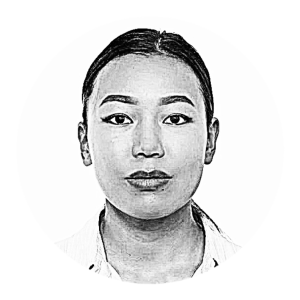
Diana Talantbekova is an MA graduate Bard College (US) and Central European University (Austria). Research interest: Russian Foreign Policy, International Security/Advanced Technologies
Written By: BATUHAN GUNES
Written By: KRISTIN HYNES
Written By: ERIC SONG
Written By: ALEXANDER BERGH
Written By: KATE-REID SMITH
Written By: JOSEF SCHOEFL
Written By: PATRIC MCFARLAND
Written By: FATIH CEYLAN
FA’s flagship evening newsletter guilding you through the most important world streis ofthe day. Delivered weekdays.
